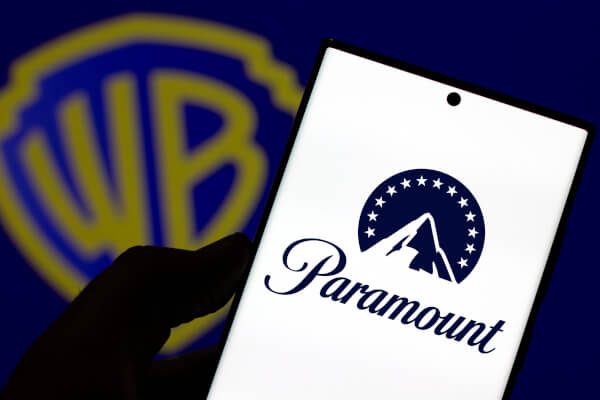Alphabet Inc., Google's parent company, announced Tuesday it has agreed to acquire cybersecurity firm Wiz Inc. for $32 billion in cash, sending Alphabet shares down 3.49% in New York trading.
The deal—Alphabet's largest acquisition ever—comes after Wiz rejected a $23 billion offer from Google last year, preferring to pursue an IPO. Since then, Wiz's valuation has surged from $12 billion to approximately $30 billion.
Wiz will join Google Cloud once the deal closes, expected in 2025 pending regulatory approvals. "This acquisition represents an investment to accelerate improved cloud security and the ability to use multiple clouds," Google stated in its announcement.
Founded in 2020, Wiz provides cloud-specific cybersecurity tools that identify and prioritize threats across cloud environments. CEO Assaf Rappaport described the acquisition as "strapping a rocket to our backs" that will "accelerate our rate of innovation faster than what we could achieve as a standalone company."
To address regulatory concerns, Google has committed that Wiz's security products will continue to operate across all major cloud platforms, including competing services from Amazon, Microsoft, and Oracle.
The acquisition will test Andrew Ferguson, Trump's FTC Chair, as Google already faces two antitrust lawsuits—one where a federal judge ruled the company maintained an illegal search monopoly and another concerning its digital advertising tools.
At $32 billion, the Wiz deal represents 2025's largest M&A transaction so far and could potentially reinvigorate a sluggish M&A market that has seen only nine deals exceeding $10 billion this year, according to Dealogic data.
Alphabet (D1 Interval)
The shares are currently trading below the 78.6% Fibonacci retracement level. Bears are likely to retest the lows at $147, while bulls need to reclaim the 61.8% Fibonacci retracement level to regain bullish momentum. The RSI is consolidating near oversold levels, while the MACD remains tight after a bearish crossover. Source: xStation


Paramount Skydance shares under pressure after S&P warning

Broadcom as the Last of the Big Tech. What Can Markets Expect from the Earnings?

Nvidia Faces New H200 Limits in China

US Open: Wall Street in Blood


